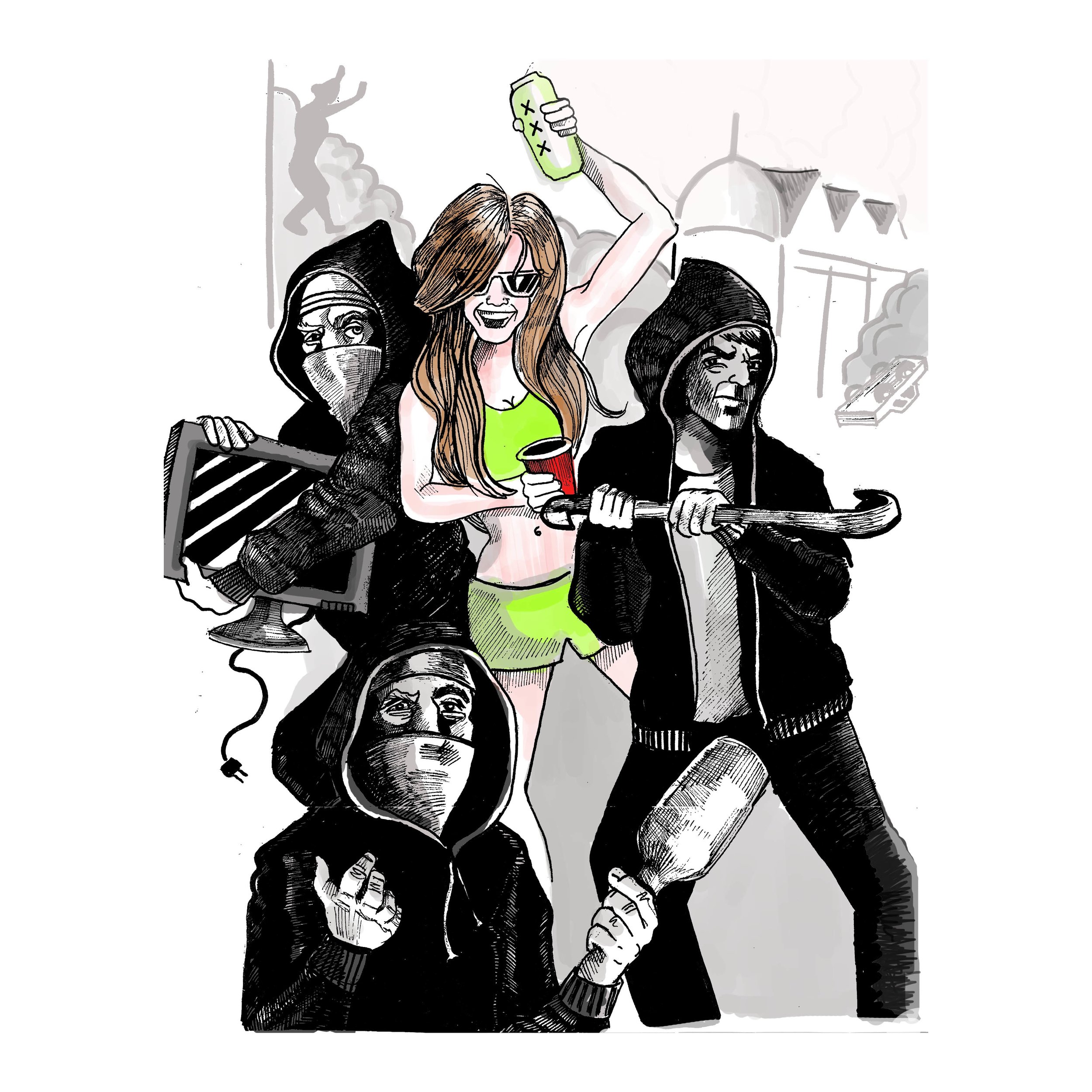Americans Alter the True Meaning of Dubstep
Whether your first taste of dubstep came with some shot-gunned beers, Rihanna’s Rated R, or a few articles from The New York Times, the genre has been enjoying a meteoric rise in popularity over the past two years. But it didn’t just appear out of thin air: dubstep’s birth traces back to outer London in the early 2000s. We could have recognized this melting pot of Jamaican dub, 2-step garage, and drum and bass as a snapshot of modern London’s struggle with multiculturalism and social unity. In crossing the pond, however, dubstep’s meaning was lost in translation.
American producers and deejays hijacked and distorted the genre because they didn’t understand the sense of identity and empowerment it gave––and still gives––to London boroughs. Dismissing the contention at dubstep’s roots, an army of pop producers moved in with trigger fingers on distort knobs and presented dubstep to the American mainstream media as wobbly sub-bass and schizophrenic chest-pounding. What you now hear at ragers up and down Euclid abandons dubstep’s original desolate soundscapes in favor of an everything-but-the-kitchen-sink aural overload with the bass cranked to 11.
Dropping the needle on a dubstep track at a party meets both derisive cries and ecstatic cheers. While throngs of girls evacuate the dance floor, a bass bump acts as a call for every wallflower to step forward and shake their body as vigorously as everyone else. There’s worth in dubstep’s function of giving a dance to those who don’t have one, but I believe it cheapens the genre’s original intent: to give a voice to the voiceless.
If it hadn’t been solely percieved as a college cliché, dubstep could have produced a recognizable rallying cry for outer London’s disenfranchised, who were recently ostracized by police-community relations as divisive as those in Los Angeles circa 1992.
Now that dubstep represents a sonic, tectonic shift to American partiers, every pop song is run through a dubstep filter and thrown out like remix feed for the deejay livestock demanding a track with 140 BPM. By treating dubstep as another passing pop fad, we eliminate its meaning, ignore its roots, and silence its creators. Dubstep’s history as a torch shining on the dark corners of town are lost in this current pop incarnation. The protesters of London’s tower blocks and council estates have already seen their art bastardized by DayGlo-ed teens in a California field and a Transformers: Dark of the Moon TV spot.
The next time the truncheons are raised and cameras are focused on England, the revolution will be trivialized. Here, half a world away, we will digest it, spit it back out, and forget it in a matter of days. The theme song to civil unrest will be drowned out by a party-pleasing Skrillex remix. So if you can stomach that, don your shutter shades, pinnie, and drink up––there are kids in England who are looking for a bottle to throw.

